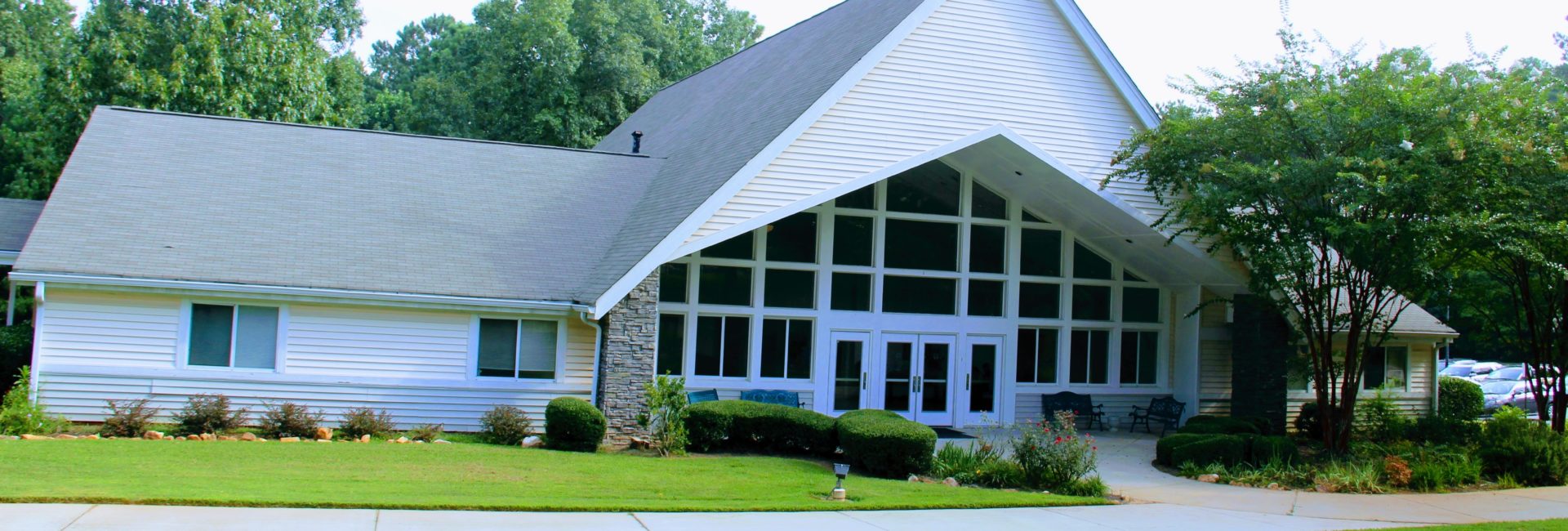In a Nutshell: The Godly Play Philosophy
About Children
- Even young children today face and wrestle with complex existential issues.
- Young children already have a spiritual life of depth that adults may not understand or honor.
- Young children can discover and use the language of religious narrative and symbol that will allow them to express themselves spiritually and “make meaning.”
About Children’s Work
- Children’s Play is their work.
- Children are encouraged to choose their own work during each class.
- Children like to work when it is the work they have chosen for themselves.
- Teachers do not interfere with the children’s work unless the child asks for help.
- When a child seems unable to ask for assistance, it should be offered by the adult.
- Part of the work of the community of children is the care of their own classroom environment and how they treat one another.
- Children like to feel self-sufficient: it is good to allow them the opportunity to clean up their own spills and put away their own work.
About Teachers and Children
- Teachers are guides. They do not need to have all the answers.
- Children have much to teach adults who will take the time to listen.
- Children are encouraged to do the work of discovering answers.
- When a teacher takes time to listen and observe a child, the teacher can find more effective ways to lead the child into new discoveries.
- Children are treated seriously and with deep respect; they are subjects, not objects.
About the Classroom Environment
- The Godly Play classroom is a place for children :
- To be themselves
- To learn how Christians live in the community
- To come closer to the mystery of God’s presence
- To learn the language of the Christian people
- Respect for the space and for one another is maintained in a Godly Play classroom to help the children feel safe.
- A Godly Play classroom should help each child feel successful.
About Enabling a Community of Children to Develop
- In Godly Play children are encouraged to form their own community and take care of one another.
- A classroom is not “over-adulted.” This allows children to form a community and empowers them to be responsible for their space. It also keeps the storyteller and doorperson focused on the children and their work.
For more info, please visit the Godly Play page or fill out the form below:

